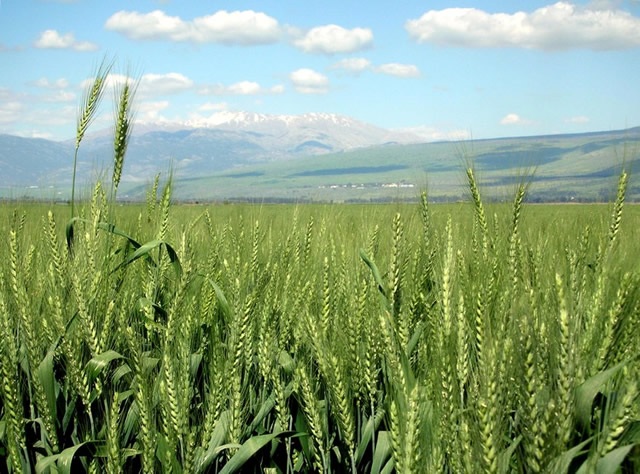Uncertainty over winter wheat planting

Business Correspondent
THE 2016 winter wheat cropping season could be affected by the lack of financial support from lending institutions, a farmers’ lobby group has said.
Last year the country produced a measly 60,000 metric tonnes of wheat against a national demand of 450,000 tonnes owing to a plethora of challenges among them high power tariffs and the high cost of inputs.
Zimbabwe Commercial Farmers’ Union (ZCFU) president, Wonder Chabikwa, told Chronicle Business that farmers were still to find financing for this season at a time when planting should have started.
He said: “It’s difficult to make the projections in as far as how much will be planted this season because most of the farmers can’t access funding for this season. This has mainly been due to the viability of the winter wheat crop as the millers are paying $380 per tonne, which doesn’t allow the farmer to go back to the field”.
While the GMB pegged the price of wheat at $500 last year, which was a viable price, Chabikwa said the parastatal had problems with paying out farmers.
He said there was a need for the government to come up with a position so that farmers can have a clear position before they can commit themselves to growing wheat.
“At least the government needs to come out clear on this issue because farming is a business so that farmers can plan and if it’s going to be viable farmers will definitely take up the crop. As it stands the water bodies have sufficient stocks of water,” said Chabikwa.
At peak wheat production in Zimbabwe clocked about 300,000 metric tonnes with 150,000 metric tonne balance being offset by imports.
The uncertainty on the hectarage to be put under wheat comes at a time the country’s sole fertilizer manufacturer, Sable Chemicals has
announced it had enough stocks for this year’s winter wheat planting season.
Sable chief executive officer, Jack Murehwa said recurrent droughts being experienced in recent years means that stocks are being carried over to following seasons.
“Because of the serious drought in the past season, a large stock of fertilizer is being carried over to the next season. The fertilizers in stock far exceed what the agricultural industry will require this winter season. Needles to say, therefore, there’s enough fertiliser for this coming winter cropping. The volumes far exceed what will be required for the winter season,” Murehwa said.











Comments